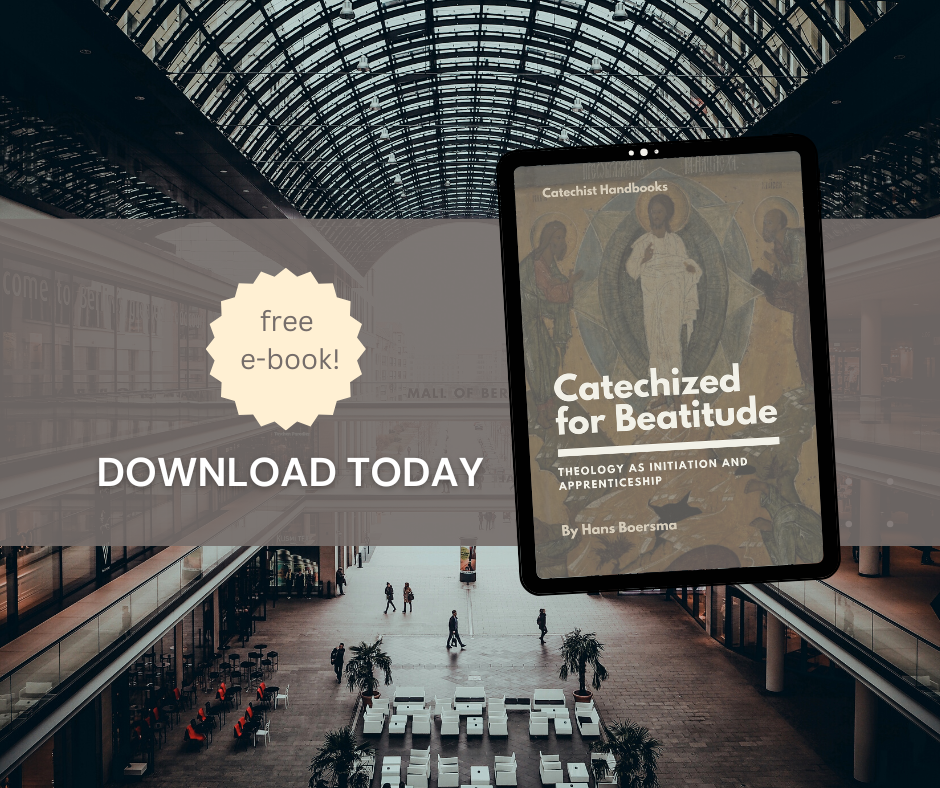Transforming Christian education and discipleship in the Church
Many Christians never receive a foundational introduction to the faith. As a result, they never really grow in the Christian life. They remain, as St. Paul put it, “tossed to and fro by every wind of doctrine” (Eph. 4:4).
The Catechesis Institute is dedicated to retrieving classical models of church-based education for a post-Christian world. Rooted in the Anglican tradition, with an ecumenical scope, the Catechesis Institute provides resources for pastors, parents, educators, and scholars at any level.
Above all, we seek a widespread renewal of the church through biblical, historical, and theological models of teaching and forming the faithful.
“Where wise catechesis has flourished, the church has flourished.”
Subscribe to our mailing list and get a free digital copy of Hans Boersma’s Catechized for Beatitude.
Resources
The Catechesis Institute houses hundreds of digital, audio, and print resources related to catechesis. Whether you are looking for guides to begin a catechetical ministry or detailed bibliographies for advanced research—or anything in between—we have much to offer.
Use the search feature below or click the “Resources” button to learn more. Also, get in touch to make suggestions or requests.
Events
The Catechesis Institute does not plan to continue hosting events, but you may learn more our past events here.














Rowan Williams on freedom from the passions: “The light of the resurrection is not only what allows us to see ourselves a bit more clearly…. It is what allows us to see the entire landscape of God’s creating activity in the radiance of Christ’s presence in the Spirit. This landscape is, by God’s grace, show to us as our homeland; it is where we belong. And this is what the life of apatheia, the life of freedom from the tyranny of ‘passion’, is finally about; living in the joyful and grateful awareness of God’s perspective on the creation God loves and transfigures; praying and labouring day by day for that inch-by-inch growth in clarity, freedom, charity; growing in the right kind of detachment that lets us see our muddled lives embraced and healed in Jesus, the author and the pioneer of our faithfulness.”